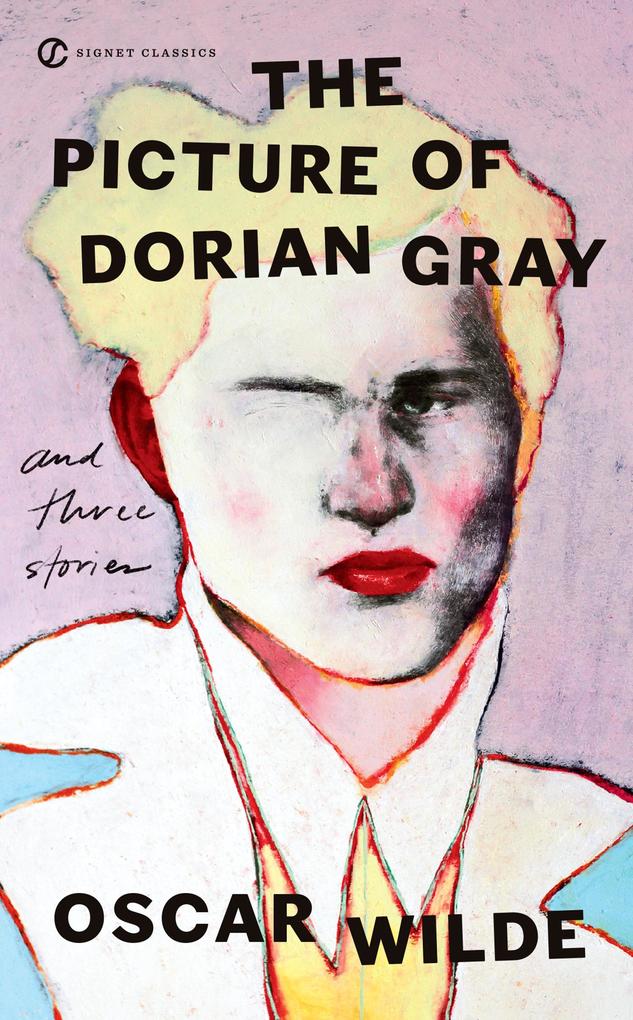Oscar Wilde (1854-1900) was born in Dublin, Ireland. He was an outstanding student of classics at Trinity College, and in 1874, he entered Magdalen College, Oxford, where he won the Newdigate Prize with his poem "Ravenna" (1878). An early leader of the Aesthetic Movement, which advanced the concept of "art for art's sake," Wilde became a prominent personality in literary and social circles. His volume of fairy tales, The Happy Prince and Other Tales (1888), was followed by The Picture of Dorian Gray (1891) and The House of Pomegranates (1892). However, it was not until his play Lady Windermere's Fan (1892) was presented to the pubic that he became widely famous. A Woman of No Importance (1893) and The Importance of Being Earnest (1895) confirmed his stature as a dramatist. In 1895, he brought libel action against the Marquis of Queensbury, who had accused him of the crime of sodomy. He lost, however, and was sentenced under the Criminal Law Amendment Act to two years' imprisonment with hard labor. Upon his release in 1897, he settled in France, where he wrote his most powerful and enduring poem, "The Ballad of Reading Gaol" (1898). Wilde never returned to England; he died in Paris.
Gary Schmidgall is the author of such acclaimed titles as The Strange Wilde: Interpreting Oscar and Shakespeare and The Poet's Life. He is professor of English at Hunter College.
Peter Raby has written extensively on modern drama and theater, and is the editor of the Cambridge Companion to Oscar Wilde. He is emeritus fellow of Homerton College, Cambridge. Among his other books are a biography of Alfred Russel Wallace and Bright Paradise, a study of Victorian scientific travellers.













